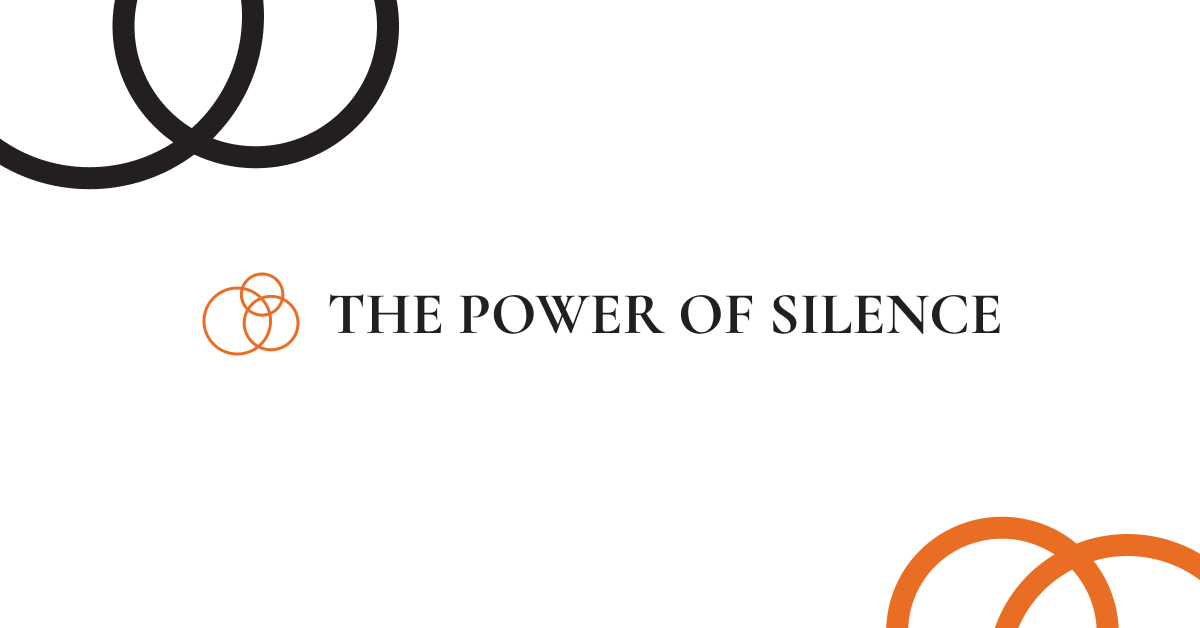Join Our Newsletter
Subscribe with your email to receive the latest news, updates, and exclusive offers.


Commonly practiced in many European countries, and a habit which most people in the U.S. consider as a luxury and as downright laziness, napping has been around since the dawn of humanity.
In fact, studies have shown that napping is a normal and integral part of the circadian (sleep-wake cycle) rhythm and that it can dramatically improve awareness and productivity.
A study from the University of Colorado has examined the effects of napping among children, only to discover that the children who didn’t take their afternoon nap exhibited higher levels of anxiety, lower problem-solving skills, and didn’t experience as much joy and interest as the children who napped regularly.
The same goes for adults, conclude researchers from Berkeley, who found that regular afternoon naps contributed to an improved memory and better learning ability.
Napping is essential as it gives your brain a reboot: the short-term memory is quickly processed into long-term memory and not only is the information from up to that point better processed, but the brain frees up space for new information.
Which is more, by taking naps during the day, we train our brains to enter the REM (Rapid Eye Movement) stage more quickly. This is the sleep stage when we’re dreaming and where our brain is actually resting. The stages before and after are only there to prepare the brain to get in and out of this essential stage.
How long should you nap?
Experts suggest 10-20 minutes as the ideal length of an afternoon nap. It gives you enough time to refresh your mind and gain the considerable energy boost and alertness you need for the rest of the day.
Anything longer than this may cause grogginess. If, however, you don’t sleep enough during the night, a 90-minute nap provides a complete sleep cycle.
So, naps are not a luxury or laziness – they are a necessity which can only help you to function better.
Did you know that Nikola Tesla, among other geniuses, slept for 4 hours during the night and took two 30-min naps during the day?
Do you take naps? Share your experience in the comments!
SOURCES:
HTTPS://WWW.COLORADO.EDU/TODAY/2012/01/03/NAP-DEPRIVED-TOTS-MAY-BE-MISSING-OUT-MORE-SLEEP-SAYS-NEW-CU-LED-STUDY
HTTP://WWW.APA.ORG/MONITOR/2016/07-08/NAPS.ASPX
